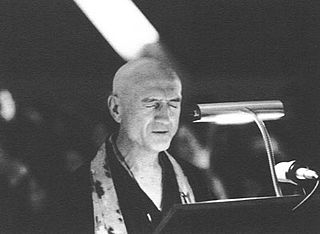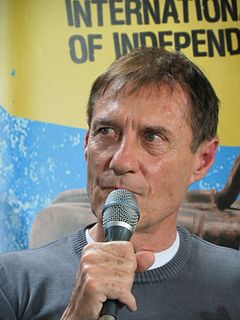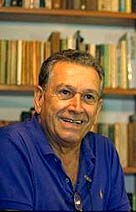A Quote by Philip Kapleau
A Zen master, when asked where he would go after he died, replied, 'To Hell, for that's where help is needed most.'
Related Quotes
Do we have a guide to help us choose the right and avoid dangerous detours? I have tried to pattern my life after the Master. Whenever I have a difficult decision to make, I have looked at that picture and asked myself, "What would He do?" Then I try to do it. We can never go wrong when we choose to follow the Savior.


























